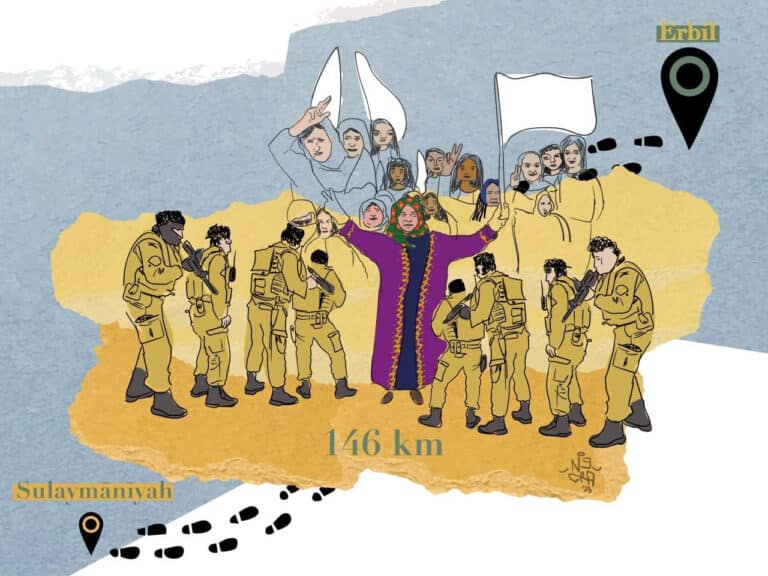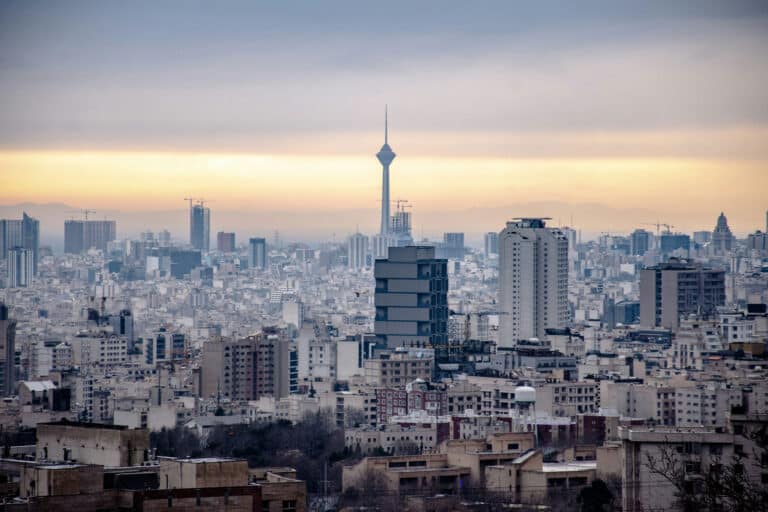by Pierre Shantz
On 7 August 2010, Juan Manuel Santos replaced Alvaro Uribe as president of Colombia. His first few months in office have caused both surprise and suspicion.
Three days into his presidency, Santos invited Uribe’s worst political enemy, neighboring Venezuelan President Hugo Chávez, to Colombia to repair the broken relationship. He personally asked the Colombian Congress to pass the “Victims Law” and the “Land Restitution Law,” two pieces of legislation that Uribe had blocked. He also announced that he will not push for ratification of the military agreement signed with the USA, an agreement that Uribe defended at the risk of isolating Colombia from the rest of Latin America.
But is Santos really that much different from his predecessor? According to a recent human rights report (https://goo.gl/E0RZy), 22 activists were killed during Santos’ first 75 days in office – six human rights activists, seven indigenous leaders, five trade unionists, two community educators, and two members of the LGBTQ community.
Both Santos and Uribe come from the privileged socio-economic-political class that successfully consolidated power to create an ever-widening gap between rich and poor since Colombia declared independence from Spain 200 years ago – Uribe is the well-educated son of wealthy cattle ranchers and a long-time politician; Santos comes from one of Colombia’s oldest elite families who own the country’s largest newspaper and publishing house.
Francisco Campo, partner and adviser to CPT Colombia, suggests that “Uribe and Santos are equally intelligent and perverse, different only in that Uribe wanted a feudal bourgeois state and Santos is looking for a modern bourgeois state. Uribe’s cabinet was filled with people from his party who were not necessarily right for the job, but who bowed to him as King. Santos, on the other hand, has people from diverse political sectors and who have merit in their positions.”
Colombians are witnessing a “change in style” from the previous regime, however the human rights situation on the ground is still much the same as it was under Uribe.



